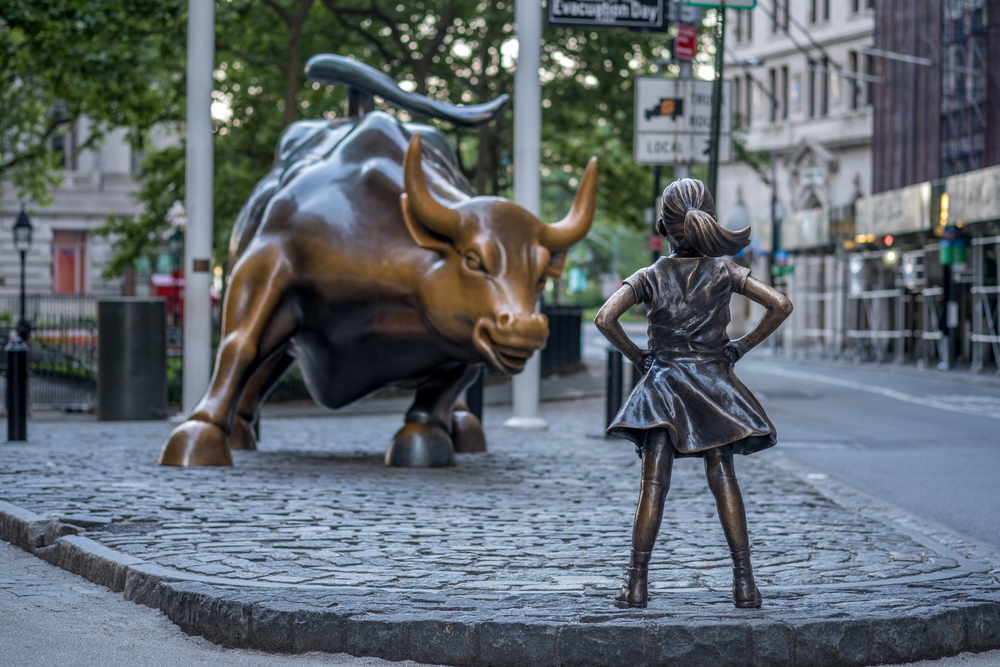In his new book, Defending the Free Market: the Moral Case for a Free Economy, the Rev. Robert Sirico points out that capitalism has been given a bad name that it truly doesn’t deserve:
Rightly understood, capitalism is the economic component of the natural order of liberty. Capitalism offers wide ownership of property, fair and equal rules for all, strict adherence to the rules of ownership, opportunities for charity, and the wise use of resources. Everywhere it has really been tried, it has meant creativity, growth, abundance and, most of all, the economic application of the principle that every human being has dignity and should have that dignity respected.
So why all the distrust, distaste and dislike for capitalism? Charles Murray at The Wall Street Journal suggests that capitalism has been segregated from that which conforms us to the good: virtue.
Historically, the merits of free enterprise and the obligations of success were intertwined in the national catechism. McGuffey’s Readers, the books on which generations of American children were raised, have plenty of stories treating initiative, hard work and entrepreneurialism as virtues, but just as many stories praising the virtues of self-restraint, personal integrity and concern for those who depend on you. The freedom to act and a stern moral obligation to act in certain ways were seen as two sides of the same American coin. Little of that has survived. To accept the concept of virtue requires that you believe some ways of behaving are right and others are wrong always and everywhere. That openly judgmental stand is no longer acceptable in America’s schools nor in many American homes.
Murray goes on to say that the principled stewardship that has been a hallmark of middle class America needs to be restored in order for capitalism to once again be seen as not only good, but great.
Read the entire article here.

